If you’re struggling to qualify for a credit card because of a poor credit score and don’t have the money to put down for a secured card, it might be time to look at your credit building options. Fortunately, KOHO Credit Building can help you improve your credit score.
When you sign up, you authorize KOHO to take a small monthly payment from your account and they report it to Equifax. As long as you have money in the account, these positive reports can build your score over time. We’ll take a deeper look at the program’s pros and cons as well as some alternatives, so you can decide if it’s right for you.
Key Takeaways
- For a small monthly fee, you can join KOHO Credit Building to have positive payments reported to Equifax.
- The program costs around $10 a month, and users typically see their scores improve after six months.
- The program appears as a line of credit on your credit report.
Never miss an amazing deal again + get our bonus 250+ page eBook for FREE. Join 50,000 other Canadians who receive our weekly newsletter – learn more.
How KOHO Credit Building works
First off, you’ll need a KOHO account, and you’ll have to deposit enough money to pay for the program’s subscription fee. The default cost of KOHO Credit Building is $10 per month, but Extra and Everything plans get you 30% and 50% discounts, respectively:
- KOHO Essential Mastercard – Credit Building costs $10 per month
- KOHO Extra Mastercard – Credit Building only costs $7 per month
- KOHO Everything Mastercard – Credit Building only costs $5 per month
You can sign up online or in the KOHO app. When you register, KOHO will do a soft credit check (which doesn’t impact your credit score). Then, you’ll be issued a line of credit, which appears on your credit report, but don’t worry—this is separate from your KOHO account balance.
Every month, KOHO will pull the subscription fee out of your funds and report the payment to Equifax. After about 6 months, you should see the initial progress you've made on your score.
KOHO Credit Building also gives you access to a Financial Coach. If you have a basic question, all you have to do is open the app and open a support chat to get quick answers.
Pros and cons
Now that you understand how KOHO can improve your score, pause and consider whether it’s the right credit builder for you.
Pros:
- It’s easy to build credit as long as you make on-time payments: As long as you keep your KOHO account funded and KOHO can pull the monthly payments, your efforts will be reported to Equifax.
- The monthly fee is low: Depending on what KOHO plan you have, you’ll pay $10 a month or less—not bad for building your score.
- You can use KOHO’s app to track your score: Download the highly rated app to keep track of changes to your credit score while you’re on the go.
- It’s available throughout Canada: In the past, the credit builder wasn’t available to residents in Saskatchewan, Quebec, and New Brunswick, but it’s now available in every province.
Cons:
- It only reports to Equifax: Your hard work won’t be reported to TransUnion, the other major credit monitoring bureau, so your TransUnion score won’t necessarily improve.
- It’s possible to build your credit score for free: We’ll touch on this in a moment, but you don’t actually have to pay to use a credit builder to improve your score.
- You don’t gain financial skills or literacy: If your score needs improvement, you probably need to make some other changes, too, like creating a budget, paying down other debt, limiting your applications for credit, etc. KOHO Credit Builder doesn’t teach these.
- If you miss payments, your score will drop: Just signing up for the credit builder isn’t enough. You’ll have to ensure your payment method is updated in your account so you don’t accidentally miss one and ding your score.
Alternative credit builder programs
KOHO isn’t the only game in town when it comes to reporting payments and building credit scores.
Secured credit cards also help build your credit score, and there are some available for no monthly fee. For example, the Secured Tims Mastercard won best secured credit card for 2025. If you’re a frequent Tim Hortons customer, this is a card worth considering.
Kikoff also offers a credit-building service for $10 per month. Unlike KOHO, there’s no physical credit card available. Kikoff is a credit-building service where, similar to KOHO, your efforts are only reported to Equifax, not TransUnion.
Plus, remember that it’s possible to build your credit score without a credit builder service. For example, keeping your credit utilization low will signal to credit bureaus that you’re able to pay off any debts. As well, paying recurring bills, like your phone bill, on time and in full can help give you a boost.
Learn more about KOHO prepaid cards
Want to learn more about KOHO? Here are the various cards they offer.
FAQ
Is KOHO Credit Building worth it?
It can be if you make your payments on time, but if you miss payments, that negative information will be reported to Equifax, and your credit score could drop further. Maximize your efforts by paying down other debt simultaneously.
What are the cons of KOHO?
The biggest drawback is the fact that you have to pay a monthly fee to access the program. There are other ways to improve your score that don’t cost money or require membership in a program.
Does KOHO affect my credit score?
Yes, KOHO Credit Building is designed to affect your score, and it really can work. If you use the line of credit and responsibly make payments that are reported to Equifax, your score can improve over time.
Is KOHO safe?
KOHO uses 256-bit encryption, which is what banks use to keep users’ information secure. The site is also regularly audited by third-party security experts, so you can rest assured that your information and money are safe.
creditcardGenius is the only tool that compares 126+ features of 228 Canadian credit cards using math-based ratings and rankings that respond to your needs, instantly. Take our quiz and see which of Canada's 228 cards is for you.


 ×1 Award winner
×1 Award winner 
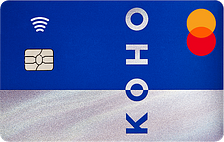
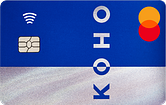

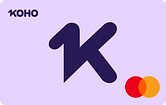

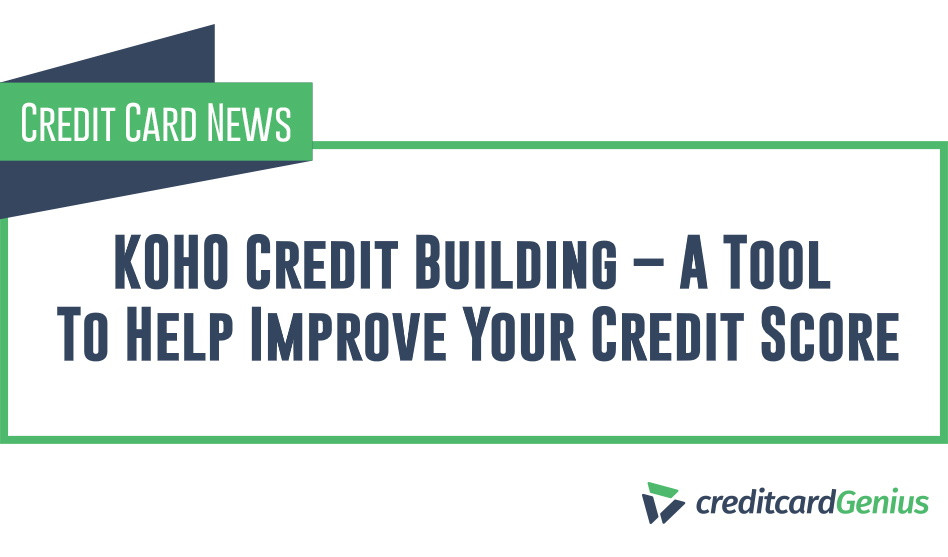
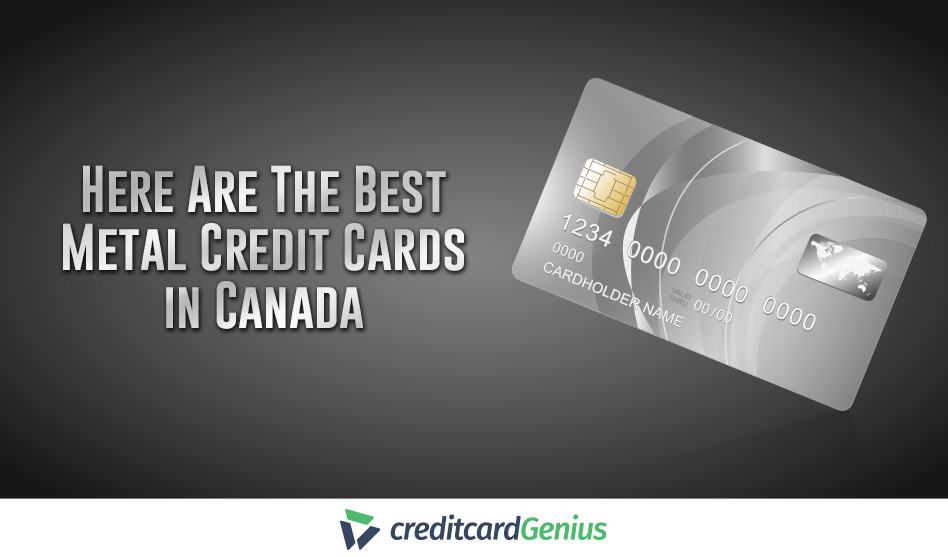












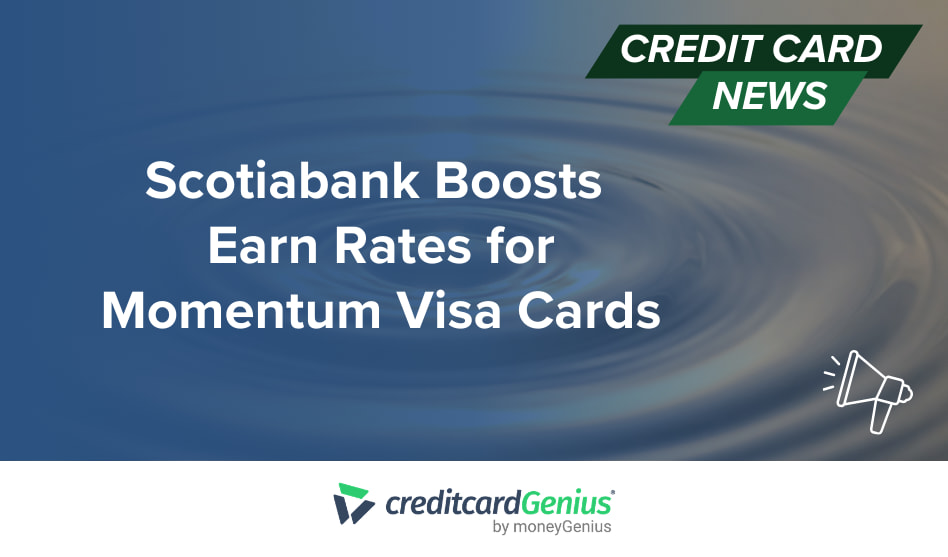

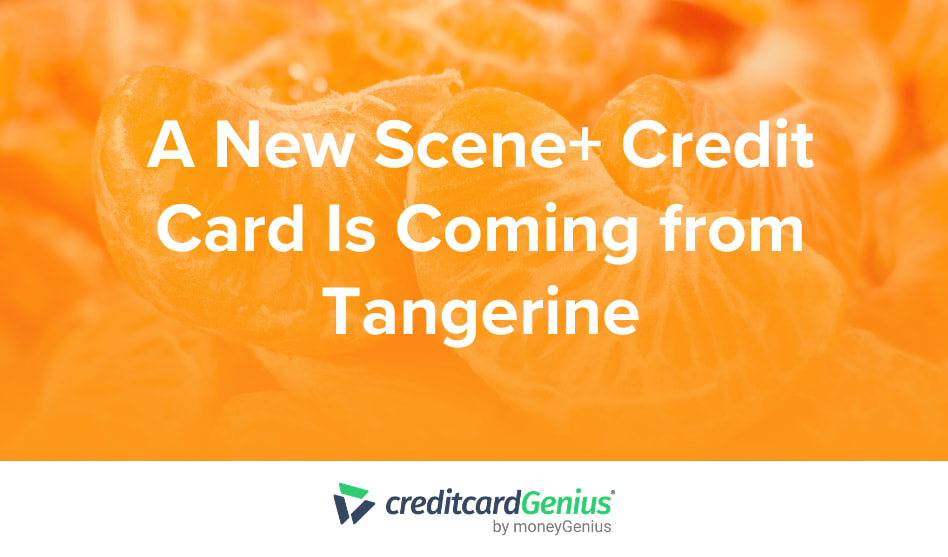




















Comments
Leave a comment
Required fields are marked with *. Your email address will not be published.
Showing 2 comments